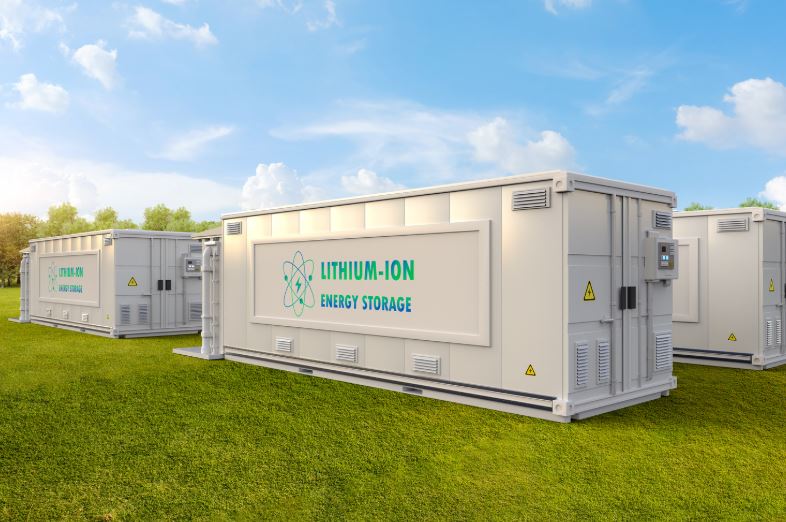Battery life is a persistent challenge across industries, from consumer electronics to electric vehicles (EVs).
Typical lithium-ion batteries, despite their widespread use, degrade significantly after a few thousand charge cycles. A recent breakthrough from the Technical University of Munich (TUM) offers a paradigm shift: a zinc-ion battery with the potential to last over 100,000 cycles. This advancement could redefine the role of batteries in long-term energy storage, sparking interest in applications from grid-scale systems to personal devices.
Zinc’s appeal lies in its abundance and affordability. As the 23rd most common element in Earth’s crust, zinc is far easier to source than lithium, which is subject to volatile markets and environmentally harmful mining practices. Yet, the inherent limitations of zinc-ion batteries, such as dendrite formation and low energy density, have restricted their adoption. TUM’s innovation, centered on an organic polymer coating, seeks to address these longstanding challenges, opening the door to safer, greener, and more durable energy storage solutions.
The key to TUM’s zinc-ion battery longevity is a 2D porous organic polymer known as TpBD-2F. Applied to the zinc anode, this material forms a protective layer that resolves three critical issues: dendrites, corrosion, and the hydrogen evolution reaction (HER). Dendrites, needle-like structures that grow during charge cycles, have historically caused short circuits in zinc batteries. TpBD-2F’s crystalline structure ensures uniform zinc distribution, effectively halting dendrite formation.
The polymer’s dual properties—zincophilicity (zinc-attraction) and hydrophobicity—reduce water’s adverse effects, minimizing HER-induced damage. Additionally, its nanochannels facilitate efficient ion movement, optimizing charge and discharge cycles. This multi-faceted approach positions TUM’s technology as a promising solution for overcoming the durability issues that have long plagued zinc-based systems.
Zinc vs. Lithium: A Material Perspective
Lithium-ion batteries dominate the market due to their high energy density, which allows them to store significant power in a compact form. However, the environmental and geopolitical implications of lithium mining are cause for concern. Roughly 60% of global lithium refining is concentrated in China, while extraction often leads to water depletion and habitat destruction in resource-rich regions like South America.
In contrast, zinc’s widespread availability makes it a cost-effective alternative. Furthermore, zinc batteries use aqueous electrolytes, reducing the risk of thermal runaway—a critical safety concern for lithium-ion systems. These attributes make zinc particularly attractive for stationary energy storage applications, where size and weight are less critical.
Grid-scale energy storage represents an urgent need as renewable energy adoption accelerates. Solar and wind power’s intermittency necessitates reliable storage systems to ensure consistent power supply. Zinc-based batteries, with their safety and durability advantages, are well-suited for this role.
For example, Eos Energy Enterprises’ zinc-halide batteries have already made inroads into this market. These systems, which boast non-flammable designs and eco-friendly manufacturing processes, have been deployed in California and Missouri. In California, where wildfire risks make lithium-ion installations less viable, Eos expanded its facility to 60 MWh with support from the California Energy Commission. Similarly, Springfield, Missouri, purchased 216 MWh of zinc-based systems to stabilize its grid and store renewable energy.
While the laboratory results from TUM’s research are compelling, scaling up production remains a formidable challenge. The polymer coating’s cost and manufacturing complexity must be addressed before the technology can reach commercial viability. However, its applicability beyond zinc—to anodes in lithium, sodium, and aluminum batteries—opens additional pathways for adoption.
Energy density is another hurdle. Zinc-ion batteries, while durable, are bulkier and heavier than their lithium-ion counterparts. This limitation confines their use primarily to stationary systems for now, as portable applications like EVs and smartphones demand higher energy densities.
Longer-lasting batteries inherently reduce waste, aligning with global sustainability goals. TUM’s polymer innovation, by extending cycle life and enhancing recyclability, addresses critical environmental concerns associated with battery technology. As zinc-based solutions gain traction, they could complement lithium-ion systems, diversifying the energy storage landscape and mitigating supply chain risks.
Stay updated on the latest in energy! Follow us on LinkedIn, Facebook, and X for real-time news and insights. Don’t miss out on exclusive interviews and webinars—subscribe to our YouTube channel today! Join our community and be part of the conversation shaping the future of energy.





